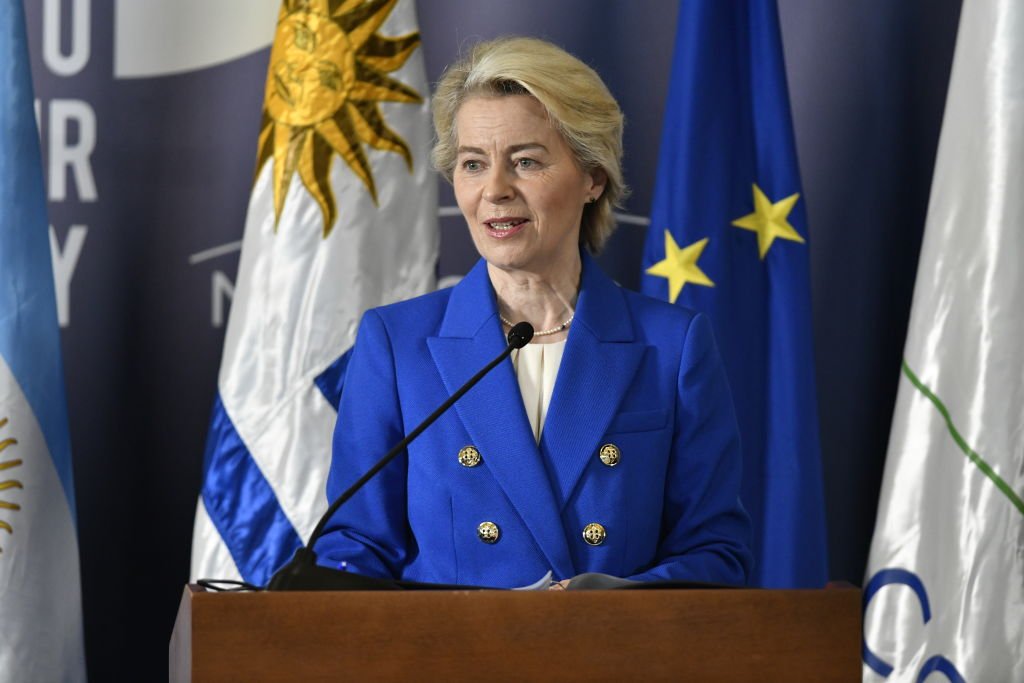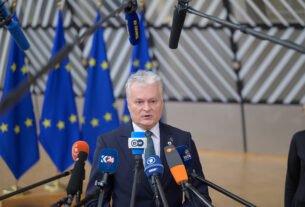Brussels is betting on Latin America as a strategic ally in times of global trade turbulence, presenting revamped agreements with Mercosur – Argentina, Brazil, Paraguay and Uruguay – and Mexico, while dangling reinforced farm safeguards to win over France.
On Wednesday, the College of Commissioners formally adopted the trade deals with EU-Mercosur and Mexico, legally tweaked and translated, kick-starting the ratification process.
EU senior officials stressed that the deals go beyond trade, calling them global agreements at a time when Europe needs trusted allies and partners to strengthen economic resilience and confront global challenges.
The agreement with Mercosur will create the biggest world’s free trade zone, with a population of 700 million people.
To ensure that benefits are “immediately available,” the EU officials added, Brussels plans to decouple the trade chapters from the broader political partnerships. The same will happen with the Mexico agreement.
“EU businesses and the EU agri-food sector will immediately reap the benefits of lower tariffs and lower costs, contributing to economic growth and job creation,” European Commission President Ursula von der Leyen said on Wednesday.
In practice, the trade agreement could enter into force if a majority of 15 member states representing 65% of the EU population approves it at the Council, alongside a simple majority at the European Parliament.
The Commission is also sweetening the deal for France, long the ringleader of opposition to Mercosur over fears of surging imports from agricultural powerhouses Argentina and Brazil.
Talks between the French government and the Commission over a potential workaround to offer stronger guarantees to the agricultural sector have been ongoing for months.
To that end, the Commission put forward a declaration on Wednesday that commits to a legal proposal spelling out how safeguards would be triggered in case Mercosur farm imports harm the EU market.
Once presented, the proposal will need to be endorsed by the Council and Parliament, but without reopening the trade chapters and prompting negotiations with trade partners.
An EU senior official said that the Commission has always taken seriously the concerns raised by France and other member states, including Ireland, particularly regarding the deal’s potential impact on the beef sector. “We always want to keep all members of the family happy,” the official added.
Officials also highlighted new export opportunities for wine and cheese, emblematic French products hit by recent US tariffs, which currently face steep tariffs when selling to Mercosur.
The Commission wants the Mercosur trade chapters approved and implemented by the end of the year. Once the broader political agreement clears national ratifications – a process that could prove lengthy – it would replace the interim trade arrangement.
(adm, aw)





